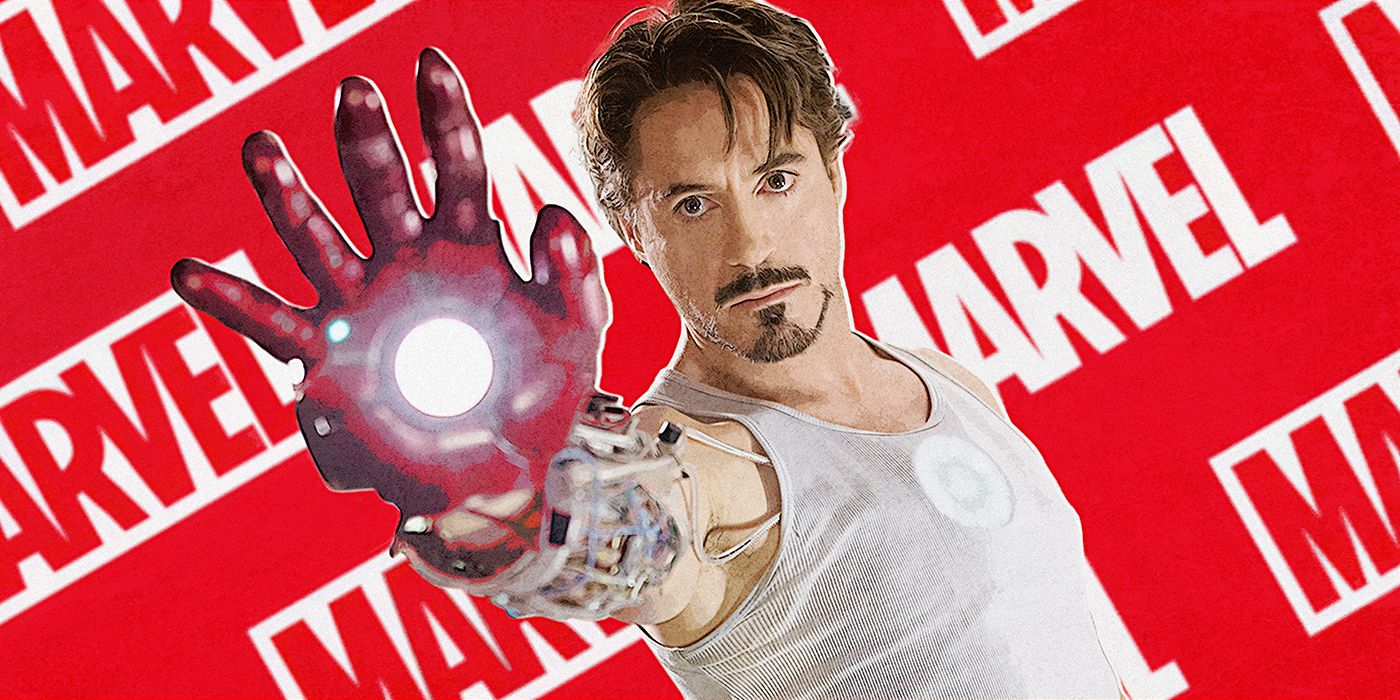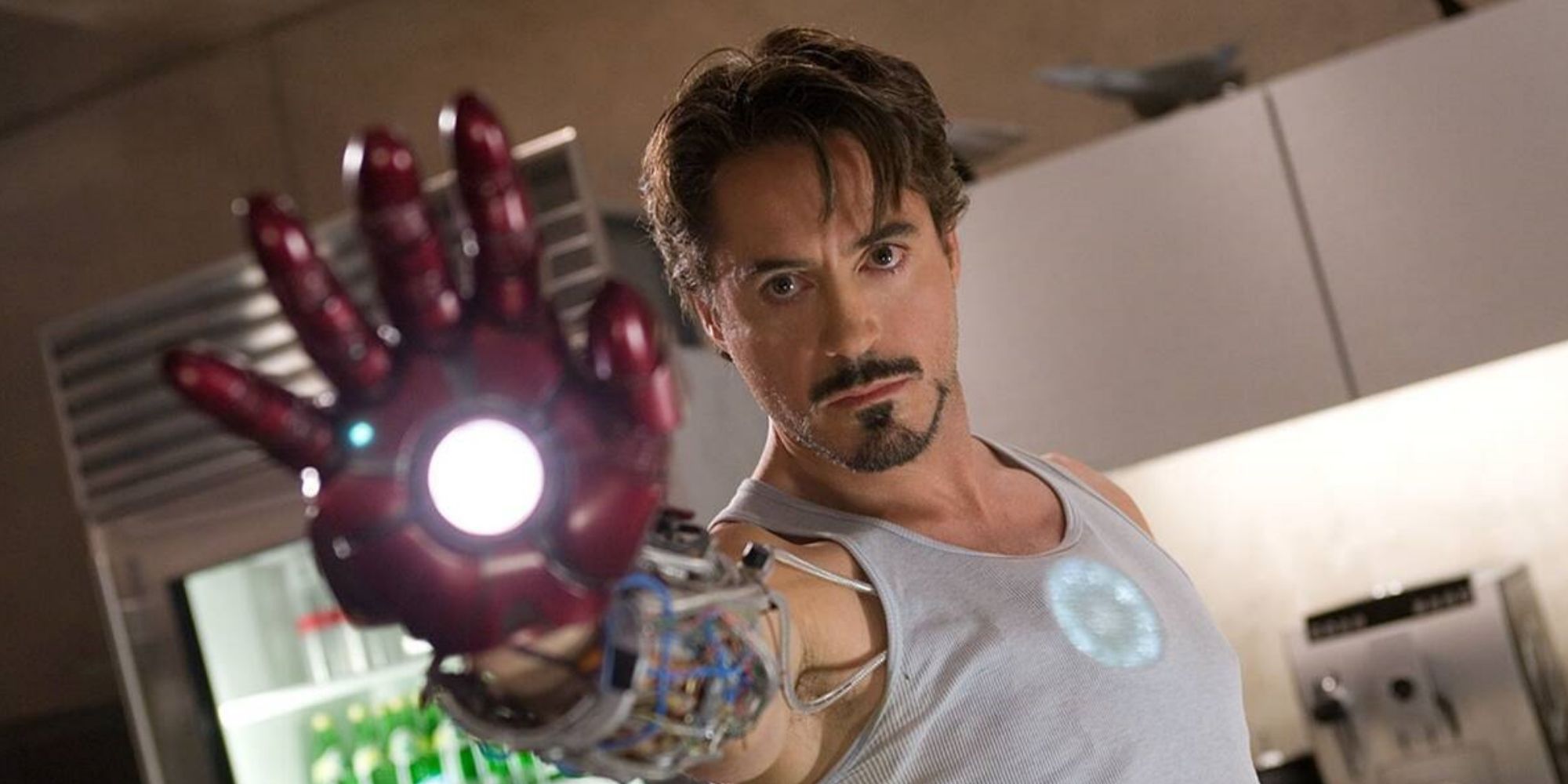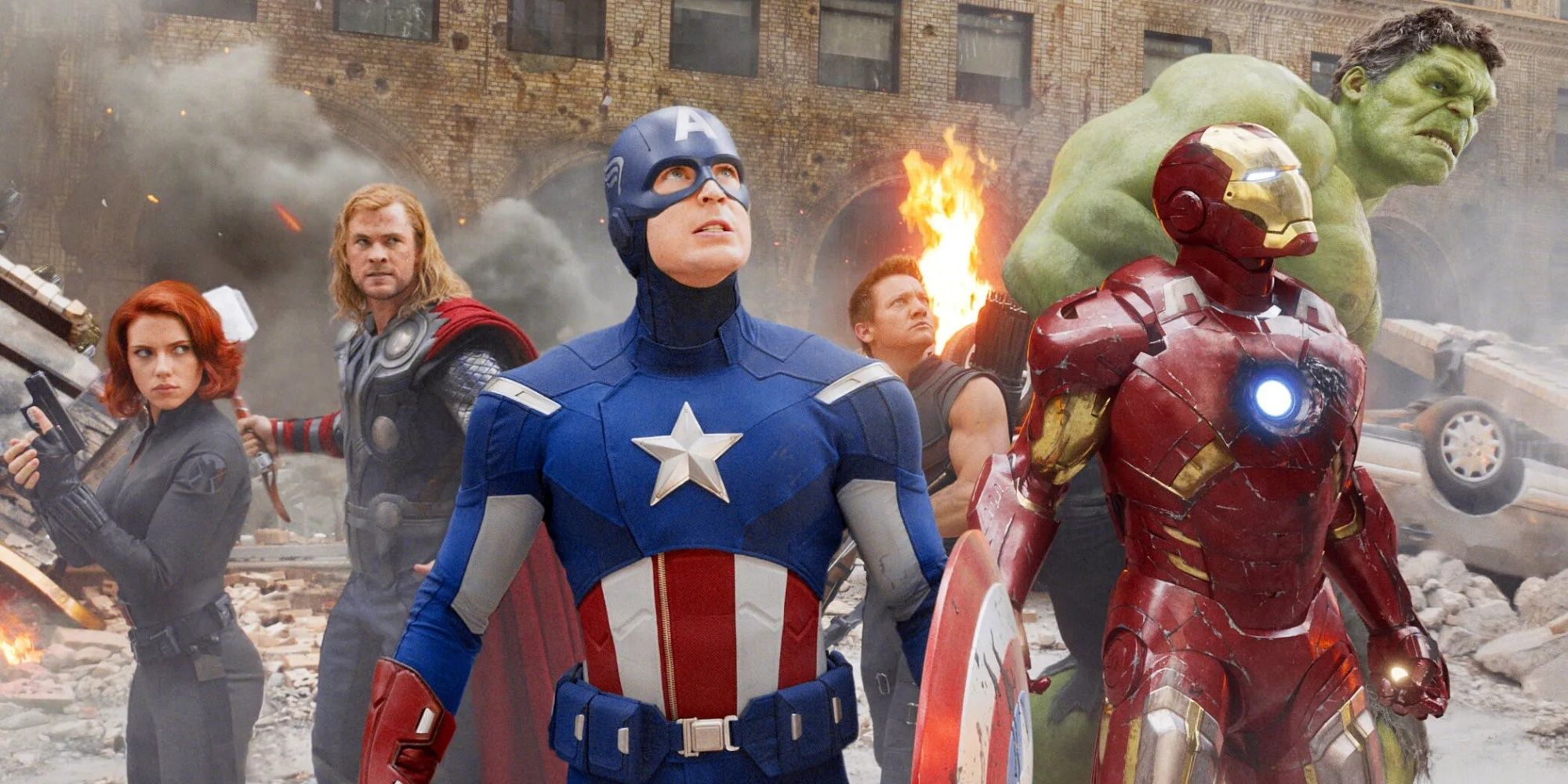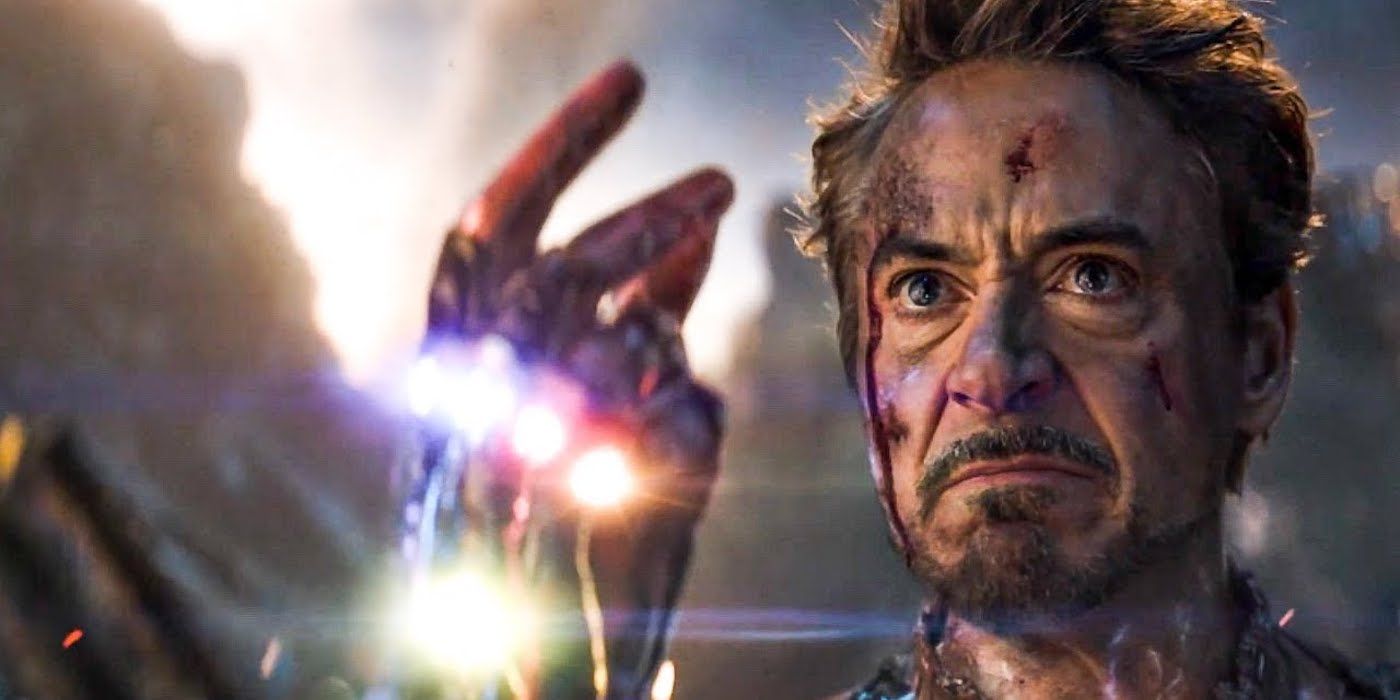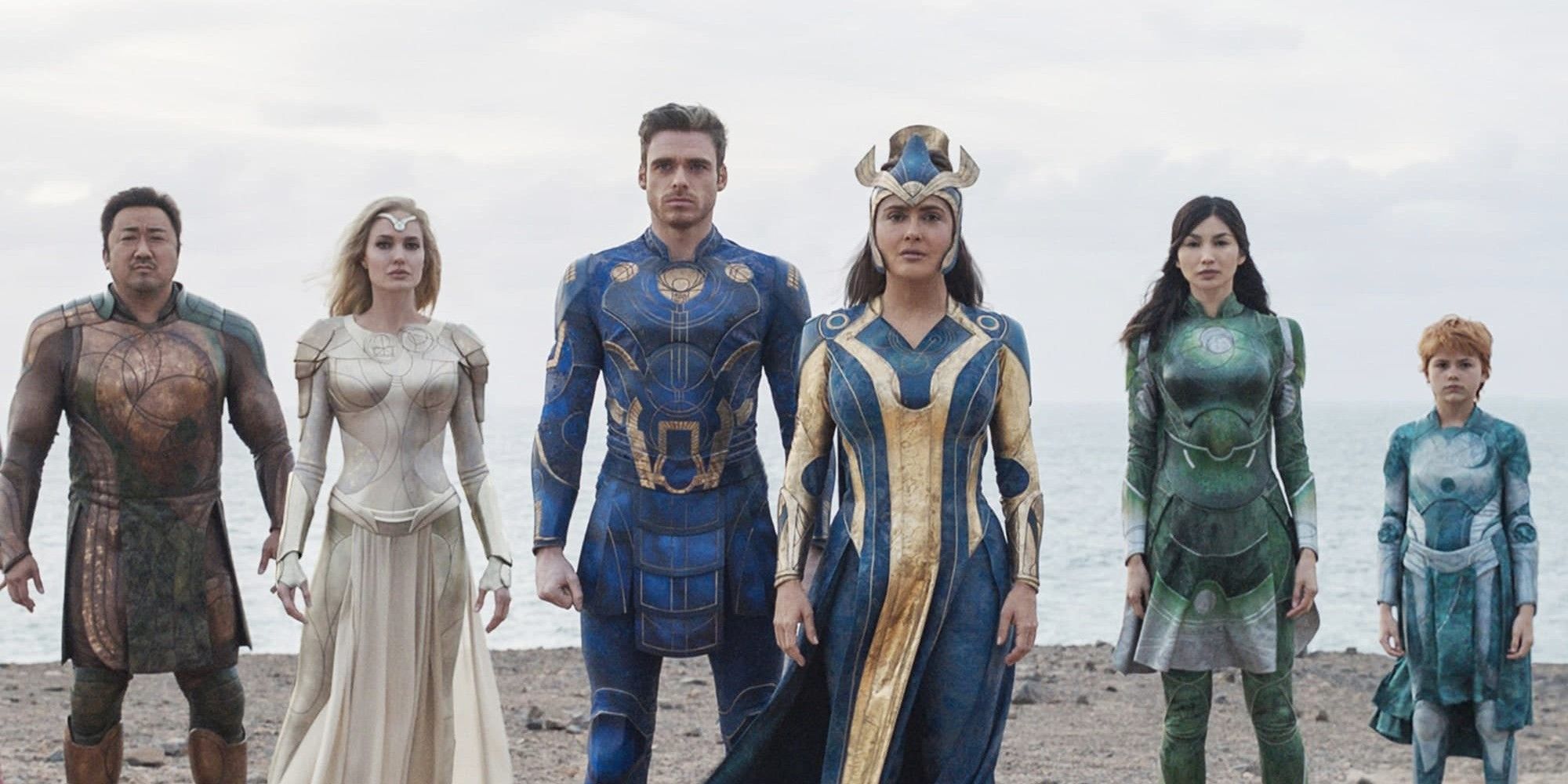The comic book movie landscape heading into 2008 was, in a word, "meh." The X-Men franchise's last entry was the abysmal X-Men: The Last Stand in 2006. Spider-Man 3 gave the world emo-Peter Parker (Tobey Maguire), and the world couldn't give him back. Batman Begins did a course-correct for the character after George Clooney basically killed the franchise with Batman & Robin, but The Dark Knight, the film that took Batman to a whole other level, hadn't been released yet. There was Daredevil... enough said. So when Iron Man was released in May of that year, it was a welcome breath of fresh air for a genre that had lost its way, an ambitious film that promised something bigger: the MCU. Now 15 years later, the multi-billion dollar franchise that Iron Man helped launch has lost what made it special in the first place. What happened?
'Iron Man' Set the MCU Standard
Marvel movies prior to Iron Man ranged from the abysmal (Howard the Duck) to the critically-acclaimed Spider-Man 2, and all points in between. But Iron Man was something different, a Marvel film produced solely by Marvel Studios, giving them the power to call the shots on its production, and it showed. The movie felt grand, an unhindered spare-no-expense spectacle that had the full support from all behind it. The effects were a seamless blend of CGI and practical, and the story, an easy-to-follow good guy vs. bad guy, held an enviable balance between comedy, action, and drama. Iron Man was also a character that hadn't been seen on-screen before, at least in live-action. This was a character that wasn't at the forefront of anyone's mind, a B-grade hero that didn't shoot webs or have adamantium claws. The undeniable major factor in the film's success rested on the shoulders of Robert Downey Jr., an actor who had only recently come back into the public spotlight after years battling addiction. The man oozed charisma and wit, turning Tony Stark into a fully-realized figure and not just a two-dimensional means to an end. Marvel, wisely, didn't go all in on the MCU with the film, simply introducing the concept without barraging the moviegoer with what was up next. Iron Man started the MCU on a high, and, despite Iron Man 2 almost bringing it to a screeching halt, a new world of an interconnected movie universe took over.
The MCU Starts To Expand
The MCU's "Phase One" kept things simple, introducing new heroes like Thor (Chris Hemsworth) and Captain America (Chris Evans) before bringing them all together in 2012's The Avengers, blowing the minds of nerds everywhere. The movie brought an intergalactic threat to Earth, but the concept was still very much white hat/black hat, ending on a scene with the first glimpse of the big bad that would plague the MCU from that point forward: Thanos (Josh Brolin). "Phase Two" started to push the boundaries of the MCU, from the Quantum Realm of Ant-Man to the edges of the universe with Guardians of the Galaxy. Marvel was still playing to the MCU's strengths, keeping the storyline across the films straight-forward, keeping things fresh by introducing characters that weren't known outside of comic book circles, and releasing their films at a reasonable pace.
The MCU Starts to Crack
"Phase Three" of the Infinity Saga expanded the MCU's world even more, with Doctor Strange bringing in the magical realm and Black Panther diving deep into the nation of Wakanda, introduced in the epic Captain America: Civil War. It's also when Thanos' plan is fully realized, gathering all the Infinity Stones in order to eliminate half of all living things for a better tomorrow. Avengers: Endgame brought the Infinity Saga to a perfect ending, the culmination of all the planning done since Iron Man wrapping up with a battle scene that delivered above and beyond what any fan could have hoped for. Yet it's this phase where the signs of the MCU beginning to lose touch start becoming evident. Films were released in a flurry, with MCU films hitting theaters within weeks of one another, with the span between Captain Marvel's March 8, 2019 release and the April 26, 2019 release of Avengers: Endgame being the most egregious. It placed a lot of strain on the average moviegoer, especially since missing one release meant falling behind on key parts of the overall story. The concept of timelines and time-travel through the Quantum Realm started to take away the simplicity of the earlier MCU films. Then there was the loss of the character that became the undisputed face of the franchise, Tony Stark. His sacrifice is what made the ending of the Infinity Saga really mean something, an emotional depth largely absent from the genre. It was the inevitable end, but now the MCU was moving forward without a character that brought what Downey's Stark did.
The MCU Has Left 'Iron Man' Far Behind
Looking at the present, there are unavoidable signs that the franchise is getting tired. Movie posters for MCU films have a sameness to them, with nothing drastically different from one to another. The high standard of quality that was largely prevalent in the first set of films took a hit with the release of Eternals, the MCU's first film to be certified "rotten" on the Rotten Tomatoes website, followed by a second, Ant-Man and the Wasp: Quantumania, released just under a year and a half after. The multiverse element took away what used to be a pretty straightforward understanding of the overall story, adding a confusing plot device that isn't easy for the casual moviegoer to understand. That slides in to another issue: the Disney+ series. Ever since WandaVision, it isn't enough for the casual fan to catch the MCU releases at the theater, but it now also falls on the same viewer to keep up with all the MCU series on TV to understand what's going on (picture seeing Quantumania without knowing about Kang (Jonathan Majors) from Loki).
The biggest sin of the MCU now is just how complex it is, an issue that will only become increasingly difficult to keep on top of with the addition of the X-Men and the Fantastic Four. What made the MCU special, beginning with Iron Man, was an easily grasped narrative with top-notch visual effects. The narrative is no longer easy, and the visual effects have clearly diminished in quality. The MCU may have lost the sheen of its debut, but it isn't too late to bring the magic back. For the sake of the franchise's future, they need to.

